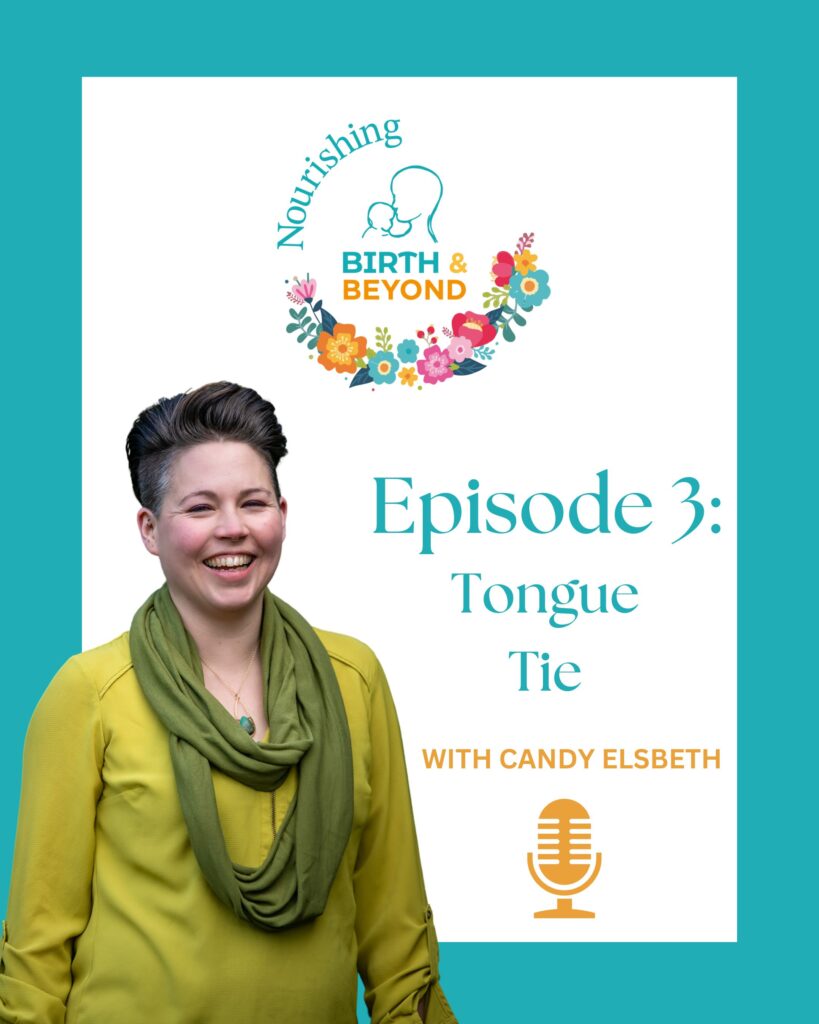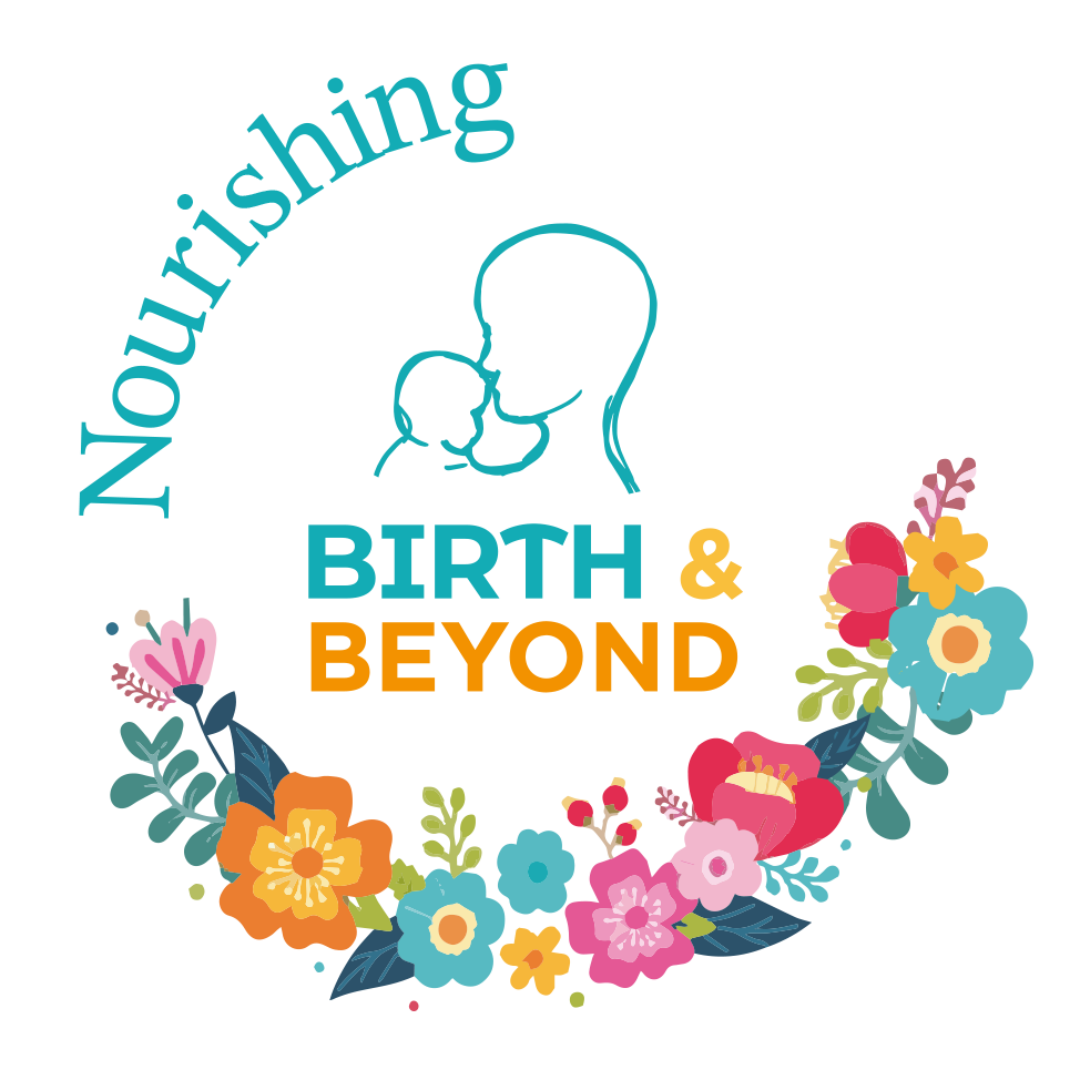
In the third episode of the Nourishing Birth and Beyond podcast I discuss a holistic approach to treating tongue tie in infants, emphasising the complexity of the condition and the inadequacy of simply cutting the frenulum without addressing underlying issues. Tongue tie is such a common issue for babies and can lead to a variety of physical and developmental issues, many of which parents aren’t aware of, so let’s dive in!
In this episode of the podcast I talk about:
- The importance of taking a holistic approach to tongue tie and what that means
- Why there is often a problem with long wait times when addressing tongue tie through the NHS
- The complexity of treating tongue tie and the importance of getting it right for your baby’s unique body and circumstances
- Why a traditional approach to tongue tie often leaves issues with scar tissue and the importance of preventing these issues to your baby’s future health and wellbeing
- What training and qualifications to look for when choosing a tongue tie practitioner
- What to look out for in terms of symptoms of oral dysfunction and how gentle exercises can help when tongue tie division hasn’t resolved the problems your baby has been experiencing
- Long-term management and care after tongue tie division so your baby doesn’t experience issues with scar tissue as they grow
- The challenges and limitations with the standard NHS approach to tongue tie
Sound bites from this episode:
“Currently in the UK and most of the world, tongue tie is treated as though cutting a tongue tie resolves all the issues, and as if it’s simply a case of cut it, encourage baby to stick their tongue out a bit and move on. And that’s simply not the case.”
“With tongue tie, there is an association with tension. There’s often tension in the muscles and the tongue and the mouth. Sometimes, alternatively, there’s low tone, so low tension. There’s a variety of things that go on. Every single baby is very unique.”
“Scar tissue can cause further problems than the tongue tie had in the first place, and if we don’t resolve that underlying tension, then that’s another factor as well.”
“There are lots of reasons why tongue tie has become more complicated than it used to be, you know, 20-30 years ago, there wasn’t so much tension in babies and bodies and things. There’s loads of factors such as very medicalised birth that has a big impact on baby’s head and neck.”
Subscribe and Review
Thank you so much for listening to this week’s episode! If you have any questions or feedback, please leave a comment on this post.
If you enjoyed this episode, I’d love for you to share it with another parent who you think might benefit from it.
Also, I’d love for you to leave an honest review of the podcast on Apple Podcasts. This will help me to continuously make each episode better and better. Ratings and reviews are also extremely helpful for helping my work reach more of the parents who need
And please subscribe to the podcast on Apple Podcasts or your favourite podcasting app so that you get automatic updates and never miss an episode!
